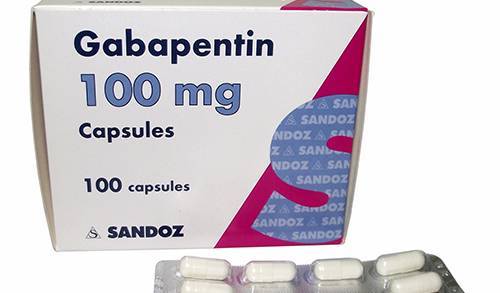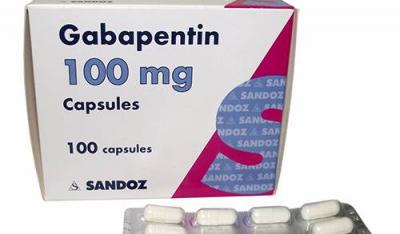A study conducted on mice has found that the drug gabapentin, used to treat nerve pain, may reduce the physical damage people suffer after spinal cord injuries.
According to the study, this drug prevents any harmful structural changes in the spinal cord following an injury, as well as preventing cardiovascular changes and immune suppression caused by spinal cord injury. Co-author of the study, Professor Philip Popovich, head of the Department of Neuroscience at Ohio State University, stated: "Gabapentin is often prescribed for acute pain, but if given immediately after injury, before symptoms appear, it can limit structural changes in the neuronal cells. We have shown that these benefits persist in the spinal cord even one month after stopping gabapentin." Professor Popovich added, "We believe gabapentin could be repurposed as a preventive treatment that can prevent autonomic dysfunction in individuals with spinal cord injuries."
It is noteworthy that the autonomic nervous system controls involuntary processes such as heart rate and blood pressure. Popovich explained, "Autonomic dysfunction is a significant issue for individuals with spinal cord injury, as cardiovascular complications can lead to serious conditions like heart attacks and strokes, while long-term immune suppression can lead to severe recurrent infections like acute pneumonia."
Currently, these symptoms cannot be managed, nor is there an effective treatment for them. Importantly, this is the first time it has been demonstrated that gabapentin can prevent the progression of autonomic dysfunction rather than merely managing the symptoms. The researchers clarified that following a spinal cord injury, significant structural changes occur within the centers of the autonomic nerves in the spinal cord that control a robust immune response, leading to unregulated involuntary reactions. For instance, processes that are typically harmless, like bladder filling, can trigger an unregulated response or a strong immune reaction that results in serious health issues such as severe hypertension, a slowed heart rate, and long-term immune suppression.
Professor Faith Brennan, the lead author of the study, stated: "The potential to repurpose gabapentin to prevent the development of autonomic dysfunction could greatly enhance the quality of life for individuals with spinal cord injuries, including increased independence in the community, reduced reliance on healthcare providers, decreased exposure to infections, and increased life expectancy."
However, the researchers noted that results from animal studies do not always apply to humans, emphasizing the importance of conducting clinical trials and broader studies in this field.




